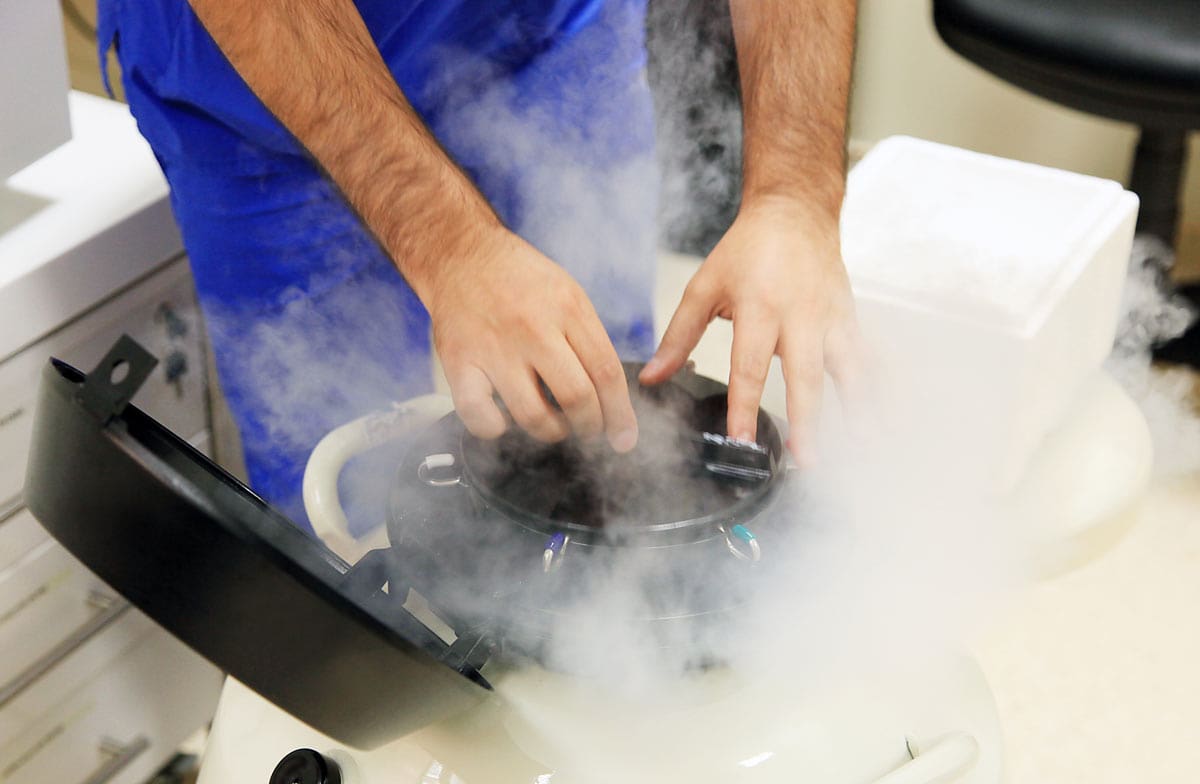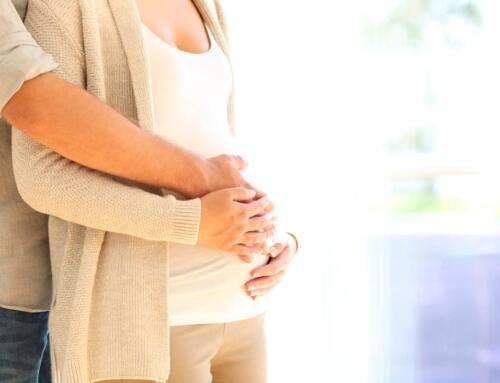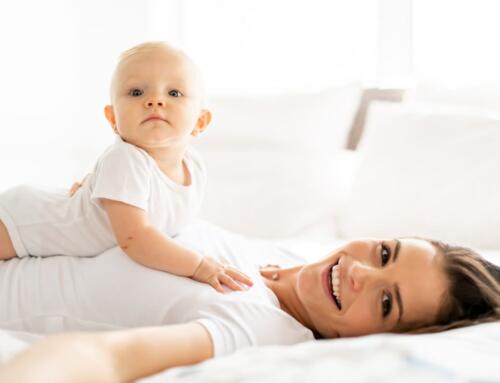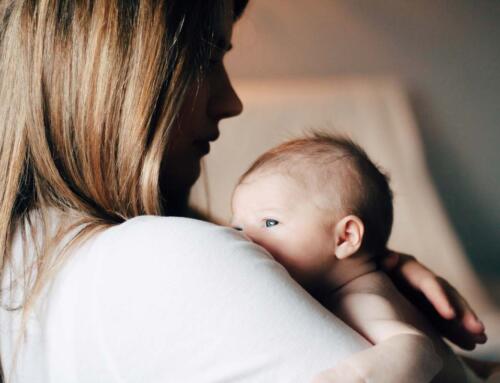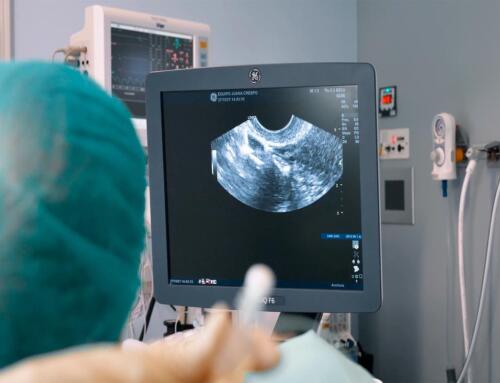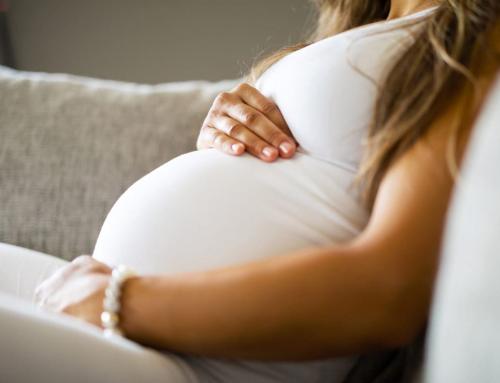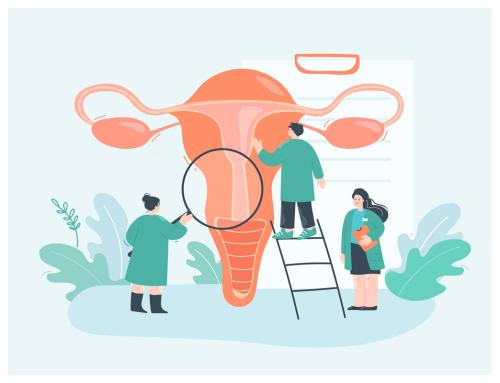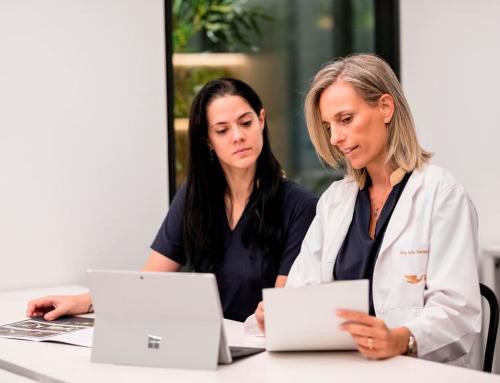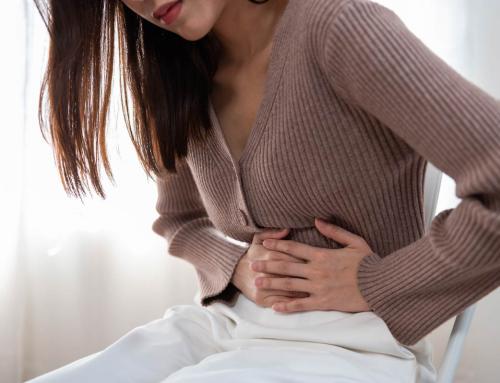An egg bank is a healthcare facility, authorized, certified, and accredited, where frozen eggs are preserved and stored for in vitro fertilization (IVF) procedures.
Primarily, it supplies donor eggs to couples or women facing fertility issues. Additionally, it stores unused oocytes from IVF treatments and those from women preserving fertility due to medical (e.g., oncological treatments) or personal reasons.
In contrast, our clinic features internal egg donors, providing several advantages over traditional egg banks.
Who are the donors in our egg bank?
The requirements established by the Spanish Society of Fertility (SEF) and mandatory for egg bank donors are:
- Being aged between 18 and 35 years old.
- Presenting a good physical and psychological health condition.
- Not suffering from genetic, hereditary, or transmissible infectious diseases.
- The same donor has given birth to no more than 6 children.
In the egg banks of clinics, other criteria may be specified or added.
For example, in the Equipo Juana Crespo egg bank, donors are between 18 and 30 years old, with a Body Mass Index between 18 and 25.
Nearly 80% are pursuing or have higher education, and most are also bone marrow and blood donors, which adds an altruistic character to their donation.
In fact, in our clinic, solely economic motivation is a reason for exclusion from the donor program.
Advantages of having our own egg donors
Having our own egg donors comes with numerous benefits.
The most notable ones are:
- We can customize each stimulation and select donors based on stricter criteria, crucial considering many of our patients have highly complex reproductive needs.
- We can strategically plan egg extraction according to the cycle, surgical needs, or the endometrial preparation of the recipient.
- We can maximize donor-recipient matching based on each patient’s reproductive needs (uterus type, previous treatments, semen quality, etc.), following medical criteria while also considering relevant factors like physical appearance.
- We can perform cycles with both fresh and frozen eggs. Pregnancy rates are similar with vitrified and fresh eggs, though the latter is less common as it requires synchronization between donor and recipient (ovarian stimulation and embryo transfer occur in the same cycle).
Overall, having our own donors ensures quality in obtaining, evaluating, and distributing donated eggs, facilitating matching between donor and recipient.
Additionally, avoiding reliance on third-party egg banks streamlines procedures, provides security and peace of mind to recipients, and reduces costs.
From a technical standpoint, having our own donors translates to better results: 84.4% of our eggs fertilize, and the pregnancy rate in egg donation cycles stands at 77.36%.
Who are the recipients of our egg bank?
In vitro fertilization (IVF) with egg donation is an assisted reproduction treatment that enables a woman to achieve pregnancy using eggs from an anonymous donor.
It is considered when a woman cannot use her own eggs, typically due to low ovarian reserve or poor egg quality.
Some cases where egg donation is recommended include:
Patients without ovarian function:
- Primary ovarian failure.
- Premature ovarian insufficiency.
- Absence of ovaries.
- Menopause.
Patients with ovarian function:
- Genetic abnormalities transmissible to offspring.
- Repeated failures in IVF cycles.
- Advanced age.
Opting for an in-house egg donor bank is also viable for women who’ve had surgeries affecting ovarian tissue or undergone radiation/chemotherapy without prior egg freezing.
Typically, hesitation to use donor eggs arises from worries about the child lacking the woman’s genetic data.
However, despite being a difficult decision at times, assisted reproduction treatments with egg donation have a high success rate, and our psychological team provides emotional support to patients during the entire journey.
How is the egg retrieval process performed for donors?
The egg retrieval process for our donors is similar to that performed on patients for ovarian stimulation in an IVF treatment.
Following a thorough gynecological examination of the donor, she is briefed on the entire process, provided with required medication, and instructed on its administration.
After 10-12 days, she is scheduled for oocyte puncture or egg retrieval.
In the case of Equipo Juana Crespo, the process takes 15-20 minutes and is performed directly in our facilities.
A few hours later, the donor is released and can return to her regular activities.
Vitrification of eggs and sample storage
Egg vitrification involves ultra-rapid freezing extracted eggs to preserve them for future use, preventing internal water from forming ice crystals.
Stored in specialized containers with liquid nitrogen at -196°C, eggs can maintain quality for years.
These containers are meticulously organized and linked with donor data via automated systems, enhancing safety and efficiency while maintaining comprehensive activity records.
How is the matching process between egg recipients and donors at Equipo Juana Crespo?
As previously mentioned, one benefit of utilizing our own donors is the possibility of matching donors and recipients more thoroughly.
When selecting a donor, we seek the highest compatibility with the recipient woman and her familial context.
Qualified specialists handle the selection and allocation of donors, adhering to medical criteria such as:
- Phenotypic compatibility: physical traits such as build, race, skin color, eye color, hair type, and color.
- Immunological compatibility: blood group and RH factor.
- Genetic compatibility: between the donor and the male partner providing sperm to ensure that the future embryo is free of genetic mutations.
Additionally, we conduct a compatibility test between the donor and the male partner providing sperm to ensure that the future embryo is free of genetic mutations.
Can it be guaranteed that the same donor will be available for another cycle if a patient decides to have another child?
This is a common question among our patients, and the answer is no.
According to the legislation of our country, egg donation is always anonymous, voluntary, informed, and without financial compensation.
Confidentiality, both regarding the donor’s health data and the results obtained during all processes, is also protected and endorsed by law.
Regarding the assurance of using eggs from the same donor for a second time, no clinic can offer it.
The reason is simple: there is the donor registry, SIRHA, which aims to reduce consanguinity.
As a result, a donor can only contribute to a maximum of 6 pregnancies, inclusive of her own offspring. Consequently, if there are no embryos available, we are unable to proceed with additional cycles utilizing the same donor once this limit is reached.
Interested in learning more about our egg bank and the treatments offered at our clinic? Feel free to inquire without any obligation.


